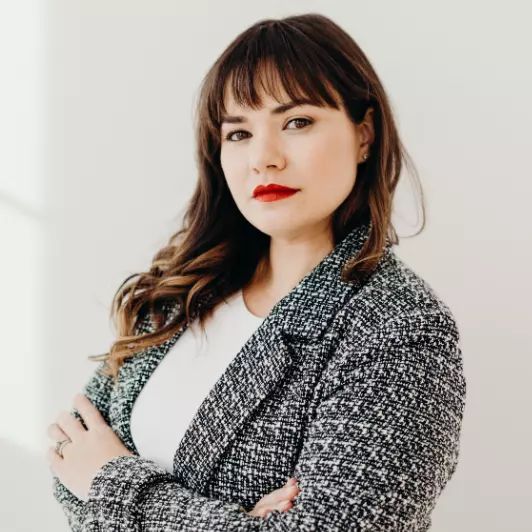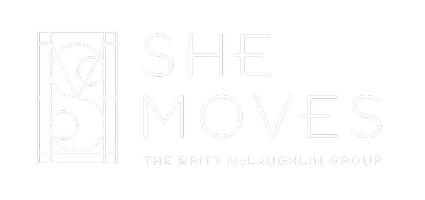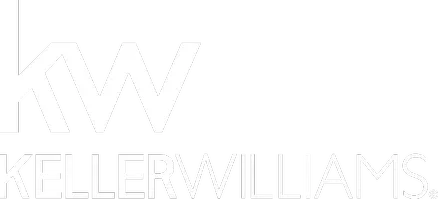Buyer Closing Costs: A Comprehensive Guide
Buyer Closing Costs: A Comprehensive Guide
Closing costs are the fees that you pay when you buy or refinance a home. They can add up to a significant amount of money, so it's important to understand what they are and how much they'll cost you.
Common Closing Costs
Here is a more comprehensive list of common closing costs:
- Loan origination fee: This is a fee charged by the lender to process your loan application. It is typically a percentage of the loan amount, and it can vary depending on the lender and the type of loan you get.
- Appraisal fee: This is the cost of having the property appraised to determine its value. This is required by lenders to make sure that the property is worth the amount of money you are borrowing.
- Credit report fee: This is the cost of obtaining your credit report. Lenders review your credit report to assess your risk as a borrower.
- Title insurance: This insurance protects you and the lender against any liens or claims on the property. It is important to have title insurance to make sure that you have clear title to the property.
- Recording fees: These are fees charged by the government to record the transfer of ownership of the property. The amount of recording fees varies by state.
- Prepaid expenses: These include things like homeowners insurance, property taxes, and mortgage insurance. You will typically need to pay prepaid expenses for the period of time between closing and the end of the current month.
Other Closing Costs
In addition to the common closing costs listed above, there may be other costs associated with your home purchase or refinance. These costs can vary depending on your specific situation. Some examples include:
- Attorney fees: If you hire an attorney to represent you at closing, you will need to pay their fees.
- Broker fees: Real estate agents and brokers typically charge a commission for their services. This commission is usually paid by the seller, but it is possible that you may need to pay a portion of the commission if you are buying a home without a buyer's agent.
- Pest inspection fee: If you have a pest inspection done on the property, you will need to pay the fee for the inspection.
- Survey fee: If you have a survey done on the property, you will need to pay the fee for the survey.
- Homeowners association (HOA) fees: If the property is located in a community with a homeowners association, you will need to pay HOA fees.
How Much Will Closing Costs Cost Me?
The amount of closing costs you pay will vary depending on the type of loan you get, the price of the home, and the state where you live. However, you can expect to pay between 2% and 6% of the purchase price of the home in closing costs.
How to Reduce Closing Costs
There are a few ways to reduce closing costs:
- Shop around for a lender. Different lenders charge different closing costs, so it's important to compare rates and fees from multiple lenders before you choose one.
- Ask about discounts. Some lenders offer discounts on closing costs for things like first-time homebuyers, military members, and teachers.
- Negotiate with the seller. In some cases, you may be able to negotiate with the seller to have them pay some of your closing costs. *ask your agent how?!
How to Pay for Closing Costs
Closing costs can be paid for in a variety of ways, including:
- Out of pocket. This is the most common way to pay for closing costs.
- Finance them. Some lenders allow you to finance your closing costs into your mortgage. This can be a good option if you don't have the cash on hand to pay for them upfront.
- Get help from a family member or friend. Some people ask for help from family members or friends to pay for closing costs.
Conclusion
Closing costs are an important part of buying or refinancing a home. It's important to understand what they are, how much they'll cost you, and how to pay for them. By understanding closing costs, you can avoid any surprises and make sure you're prepared for the financial side of buying a home.
Additional Tips for Reducing Closing Costs
- Consider using a local lender. Local lenders may be more willing to negotiate closing costs than larger, national lenders.
- Get a pre-approval for a mortgage. This will show sellers that you are a serious buyer and that you are qualified to get a mortgage. This can give you more leverage when negotiating closing costs.
- Be prepared to walk away. If you are not happy with the closing costs, be prepared to walk away from the deal. There are other homes out there, and you don't want to overpay for a home.
- Get a good credit score. A good credit score will qualify you for lower interest rates and fees on your mortgage.
- Make a larger down payment. The larger your down payment, the smaller your loan amount will be, which means you'll pay less in closing costs.
- Negotiate with the seller. The seller may be willing to pay some of your closing costs, especially if the market is slow.
- Bundle your closing costs. Some lenders offer discounts if you bundle your closing costs with other services, such as title insurance or homeowners insurance.
- Ask about closing cost assistance programs. There are a number of government and non-profit organizations that offer programs to help first-time homebuyers and low-income borrowers with closing costs.
It's also important to note that some closing costs are fixed, while others can be negotiated. For example, the appraisal fee and the title insurance premium are usually fixed costs. However, you may be able to negotiate the lender's origination fee and the broker's commission.
It's always a good idea to compare closing costs from multiple lenders before you choose one. You can also get an estimate of closing costs from your real estate agent.
I hope this additional information is helpful. Please let me know if you have any other questions
Categories
Recent Posts
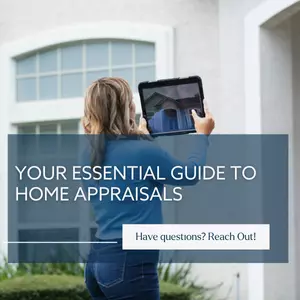
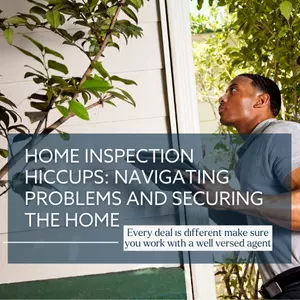

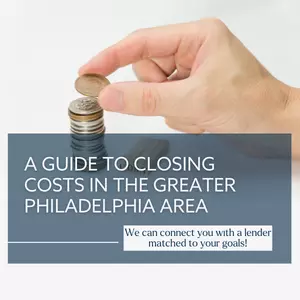



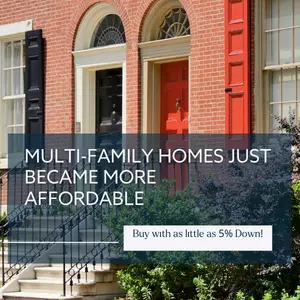
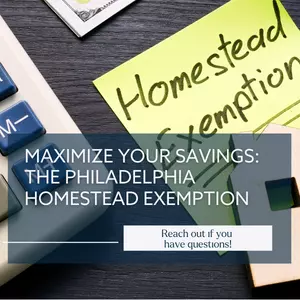
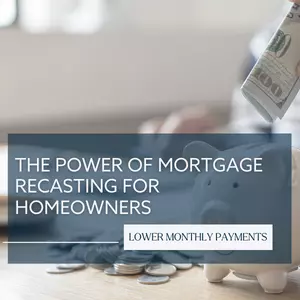
GET MORE INFORMATION
